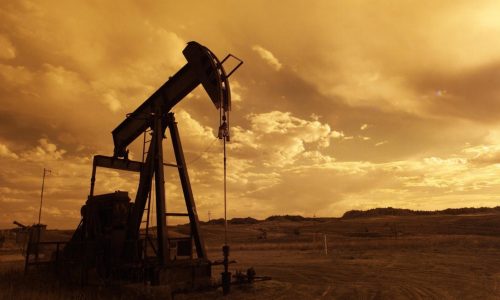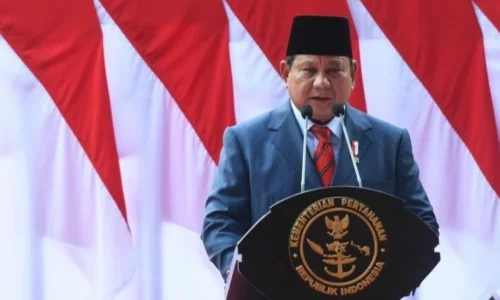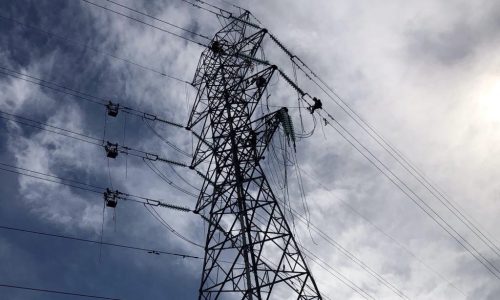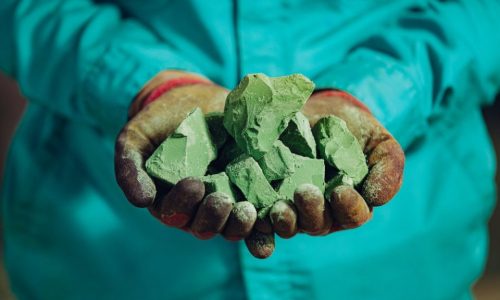French mining company Eramet SA is in discussions with Zhejiang Huayou Cobalt Co (Huayou) to produce nickel for electric vehicle batteries in Indonesia.
This potential partnership mirrors Eramet’s previous project with BASF, which was discontinued last month.
According to Bloomberg sources, Eramet is currently in talks with Huayou regarding a supply agreement for ore to a high-pressure acid leach (HPAL) nickel processing plant located in the Weda Bay Industrial Park, North Maluku, Indonesia.
Additionally, Eramet is considering acquiring a stake in the Huafei plant, the world’s largest HPAL smelter operated by Huayou.
However, neither Eramet nor Huayou has confirmed these cooperation plans as yet.
Previously, Eramet announced it would not proceed with its massive battery project. In an official statement, Eramet’s management expressed their ongoing evaluation of potential investments in the nickel electric vehicle battery value chain in Indonesia, promising to keep the market informed in due course.
“Indonesia is poised to play a crucial role in the future of the global nickel market. Eramet remains focused on sustainably optimizing the resource potential of Weda Bay to supply ore to local nickel producers, while also exploring further opportunities to participate in the nickel electric vehicle battery value chain in Indonesia,” Geoff Streeton, Group Chief Development Officer at Eramet, said as quoted on the company’s website.
The project, if realized, would be the only HPAL smelter in Indonesia with Western shareholders, potentially qualifying it for significant subsidies under the United States’ Inflation Reduction Act.
Currently, Huayou operates two plants in Indonesia and plans to build two more in partnership with Brazil’s Vale SA.
Additionally, Australia’s Nickel Industries Ltd and Indonesia’s conglomerate PT Harum Energy are constructing a plant with Tsingshan Holding.









